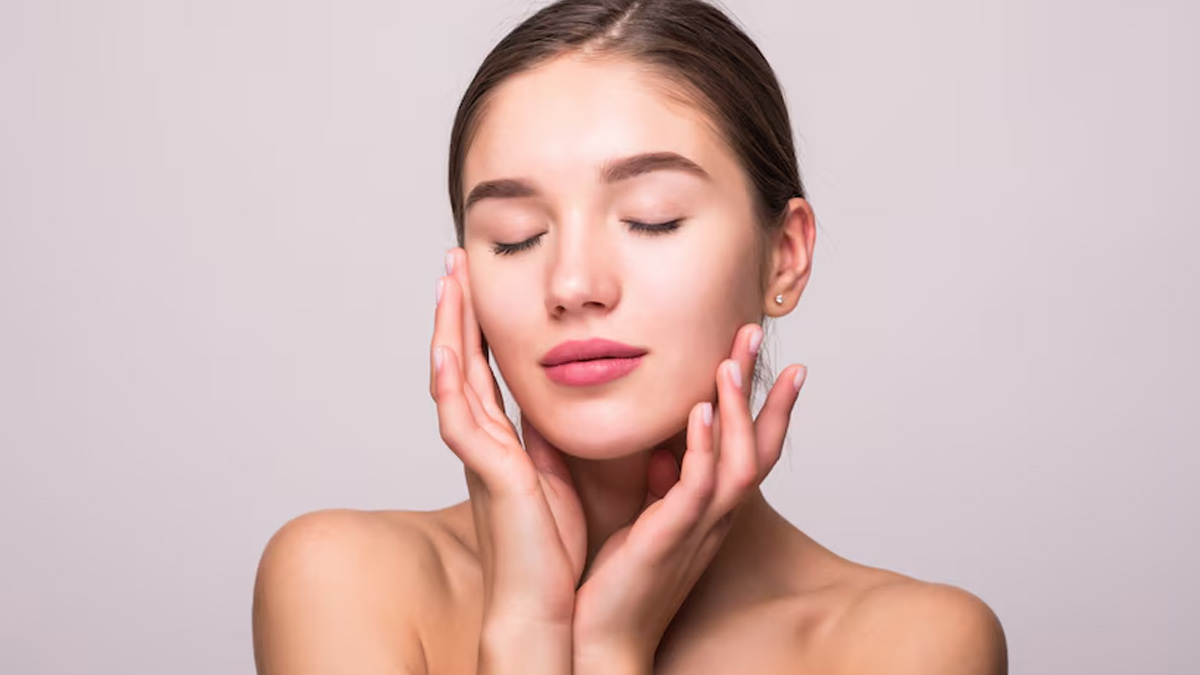
In the world of natural skincare, honey and aloe vera are often hailed as miracle ingredients. Both offer a wide array of benefits, ranging from moisturizing properties to anti-inflammatory effects, but which one is truly the best for your face? The answer depends on your skin type and concerns. Let’s dive into the unique properties of honey and aloe vera, supported by research, to help you make the best choice for your skincare routine.
Table of Content:-
The Benefits of Honey for Your Face
Honey, especially raw or Manuka honey, has been used in skincare for centuries. It's a natural humectant, meaning it helps retain moisture, making it an excellent ingredient for hydrating dry skin. But honey's benefits go beyond hydration.

Antibacterial and Anti-inflammatory Properties: Honey has powerful antibacterial properties, which can help reduce acne-causing bacteria on the skin. A study published in the Journal of Cosmetic Dermatology found that honey can be effective in treating mild to moderate acne due to its antimicrobial effects. The anti-inflammatory nature of honey also helps reduce redness and swelling, making it an ideal remedy for irritated or sensitive skin.
Rich in Antioxidants: Honey is packed with antioxidants, which protect the skin from free radical damage and slow down the signs of aging. This makes it a great anti-aging ingredient, helping to reduce fine lines and wrinkles over time.
Exfoliating and Brightening: The natural enzymes in honey can gently exfoliate the skin, helping to remove dead skin cells and reveal a brighter, more even complexion. Regular use of honey masks can leave your skin looking fresh and radiant.
Wound Healing: Honey has been shown to speed up wound healing, making it an excellent option for those with acne scars or minor cuts on their face. According to a study published in the International Journal of Lower Extremity Wounds, honey can promote faster tissue regeneration and improve the healing process of skin wounds.
The Benefits of Aloe Vera for Your Face

Aloe vera, with its soothing and cooling properties, is another popular ingredient in skincare. It has been used for thousands of years to treat a variety of skin conditions, from burns to inflammation.
Hydration and Soothing: Aloe vera is composed of 98% water, making it an excellent moisturizer for dry or sensitive skin. It hydrates without leaving a greasy residue, making it a perfect option for those with oily or acne-prone skin. Aloe vera's soothing properties also make it ideal for sunburns or irritated skin.
Anti-inflammatory and Healing Properties: Like honey, aloe vera is rich in anti-inflammatory compounds. A study published in Phytotherapy Research found that aloe vera can significantly reduce skin inflammation and promote healing in cases of burns, cuts, and acne. This makes aloe vera particularly effective for people dealing with redness, rosacea, or post-acne marks.
Antimicrobial Effects: Aloe vera contains compounds like salicylic acid and sulfur, which can help prevent and reduce acne. It has antibacterial properties that can reduce the buildup of bacteria on the skin, similar to honey.
Skin Rejuvenation: Aloe vera is known for boosting skin cell production and improving collagen synthesis. This makes it an excellent anti-aging ingredient, helping to maintain skin elasticity and reduce the appearance of fine lines and wrinkles.
Also read: Summer Skincare: Expert Lists Different Ways To Use Aloe Vera On Your Skin
Honey vs Aloe Vera: Which Is Better?

The choice between honey and aloe vera largely depends on your skin type and what you are looking to achieve.
For Acne-Prone Skin: If you suffer from acne, both honey and aloe vera can be beneficial. Honey’s antibacterial properties may be better for reducing acne-causing bacteria, while aloe vera’s anti-inflammatory effects can soothe irritation. Combining both in your skincare routine may offer the best results.
For Dry Skin: Honey is the winner for those with dry skin. Its humectant properties draw moisture into the skin, leaving it soft and hydrated. Aloe vera, while hydrating, is more lightweight and may not provide enough moisture on its own for very dry skin.
For Oily Skin: Aloe vera is ideal for oily or combination skin types. Its light, non-greasy texture hydrates without clogging pores, while its antimicrobial properties help keep acne at bay.
For Sensitive Skin: Aloe vera is often gentler on sensitive skin. Its cooling effect soothes irritation, making it a great choice for people prone to redness or inflammation.
Conclusion
Both honey and aloe vera are excellent choices for natural skincare, each offering unique benefits for various skin types and concerns. If you’re looking to hydrate and brighten your skin, honey might be the better option. If you need something soothing and lightweight, aloe vera could be your go-to. For those with combination skin or multiple concerns, incorporating both into your routine might offer the best of both worlds. Whichever you choose, rest assured that these natural ingredients are backed by science and centuries of use, making them reliable options for glowing, healthy skin.
Also watch this video
How we keep this article up to date:
We work with experts and keep a close eye on the latest in health and wellness. Whenever there is a new research or helpful information, we update our articles with accurate and useful advice.
Current Version